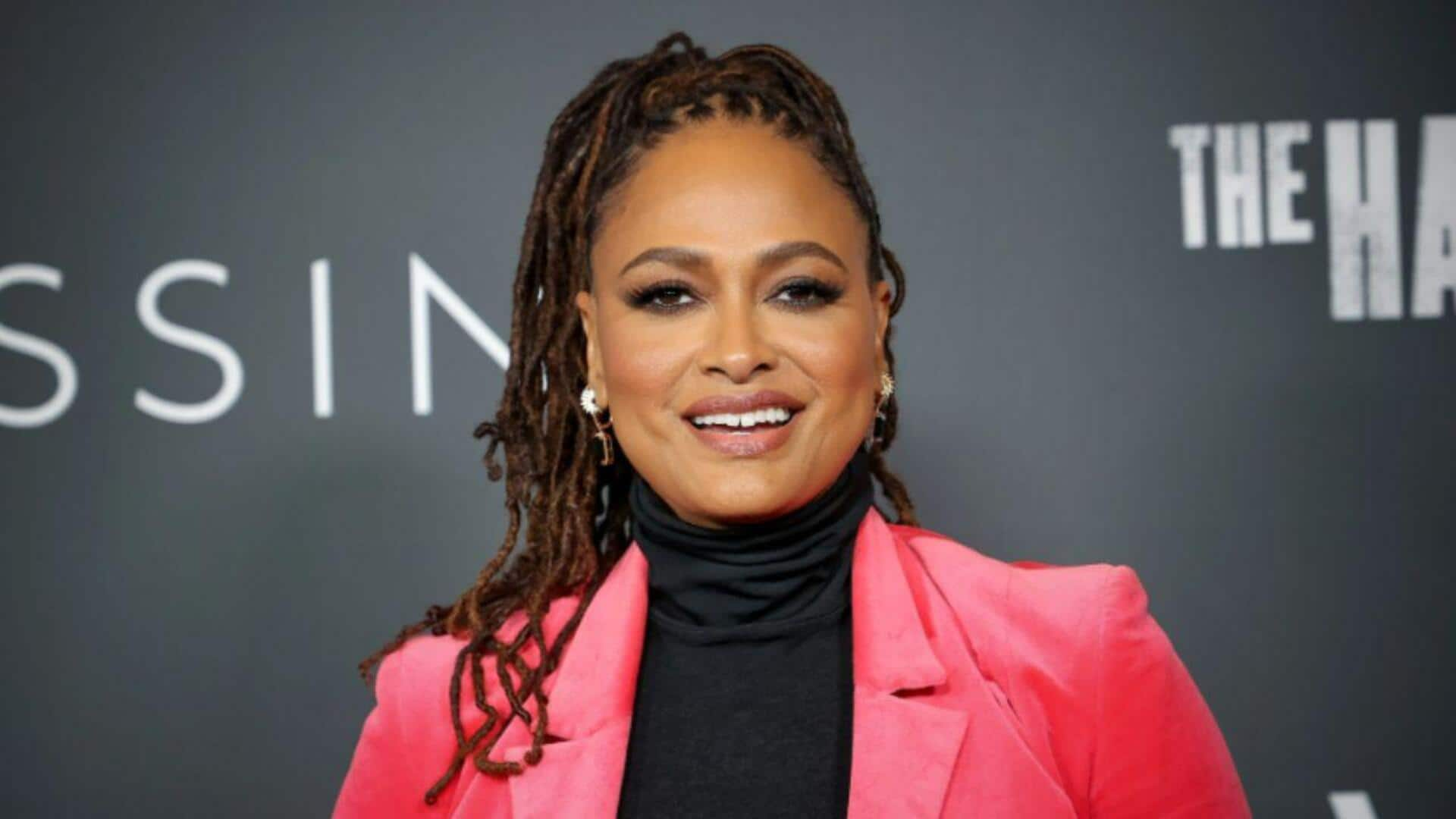
Ava DuVernay's films that changed how we see justice
What's the story
Ava DuVernay, an acclaimed filmmaker, has been using her films to highlight social justice issues. Through her work, she has been bringing attention to important topics such as racial inequality and civil rights. Her films are not just entertaining but also thought-provoking, encouraging audiences to reflect on the state of society. Here's how DuVernay's films address social justice and what makes them impactful.
#1
'13th': A powerful exploration of racial injustice
One of DuVernay's most acclaimed works is the documentary 13th, which delves into the history of racial inequality in the United States. The film examines the prison-industrial complex and its roots in systemic racism. By weaving together historical footage and expert interviews, 13th provides a comprehensive look at how policies have perpetuated cycles of oppression. The documentary has sparked conversations about reforming criminal justice systems worldwide.
#2
'Selma': A portrayal of the Civil Rights Movement
Selma is another one of DuVernay's films that focuses on an important chapter in American history, which is the civil rights movement. The film chronicles the 1965 voting rights marches from Selma to Montgomery, led by Martin Luther King Jr. It highlights the struggles faced by activists and their triumphs against systemic barriers. By bringing this story to life, Selma reminds viewers of the ongoing fight for equality.
#3
'When They See Us': A narrative on wrongful convictions
When They See Us is a miniseries that tells the heartbreaking story of five young men wrongfully convicted in the Central Park jogger case. Directed by DuVernay, the series highlights flaws in the criminal justice system and the impact of media sensationalism on public perception. It gives a human face to victims of injustice while calling for accountability and reform.
#4
'A Wrinkle in Time': A tale with social themes
Though A Wrinkle in Time is a fantasy film with a different narrative, it still carries social themes that resonate with audiences today. The film focuses on themes like self-acceptance, courage, and fighting against darkness, serving as metaphors for larger societal battles against hate and division. Through this lens, DuVernay inspires viewers to stand up for change, even in the most fantastical of settings.